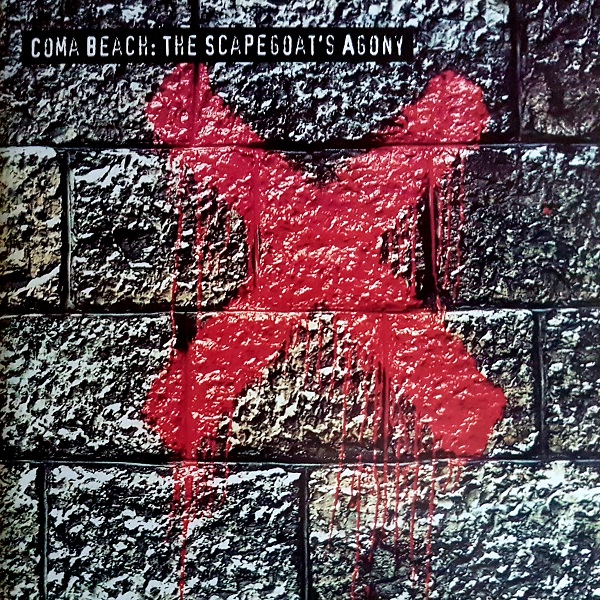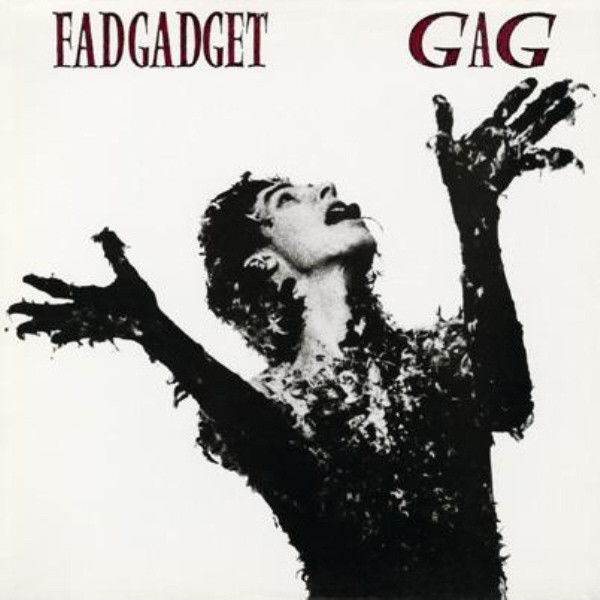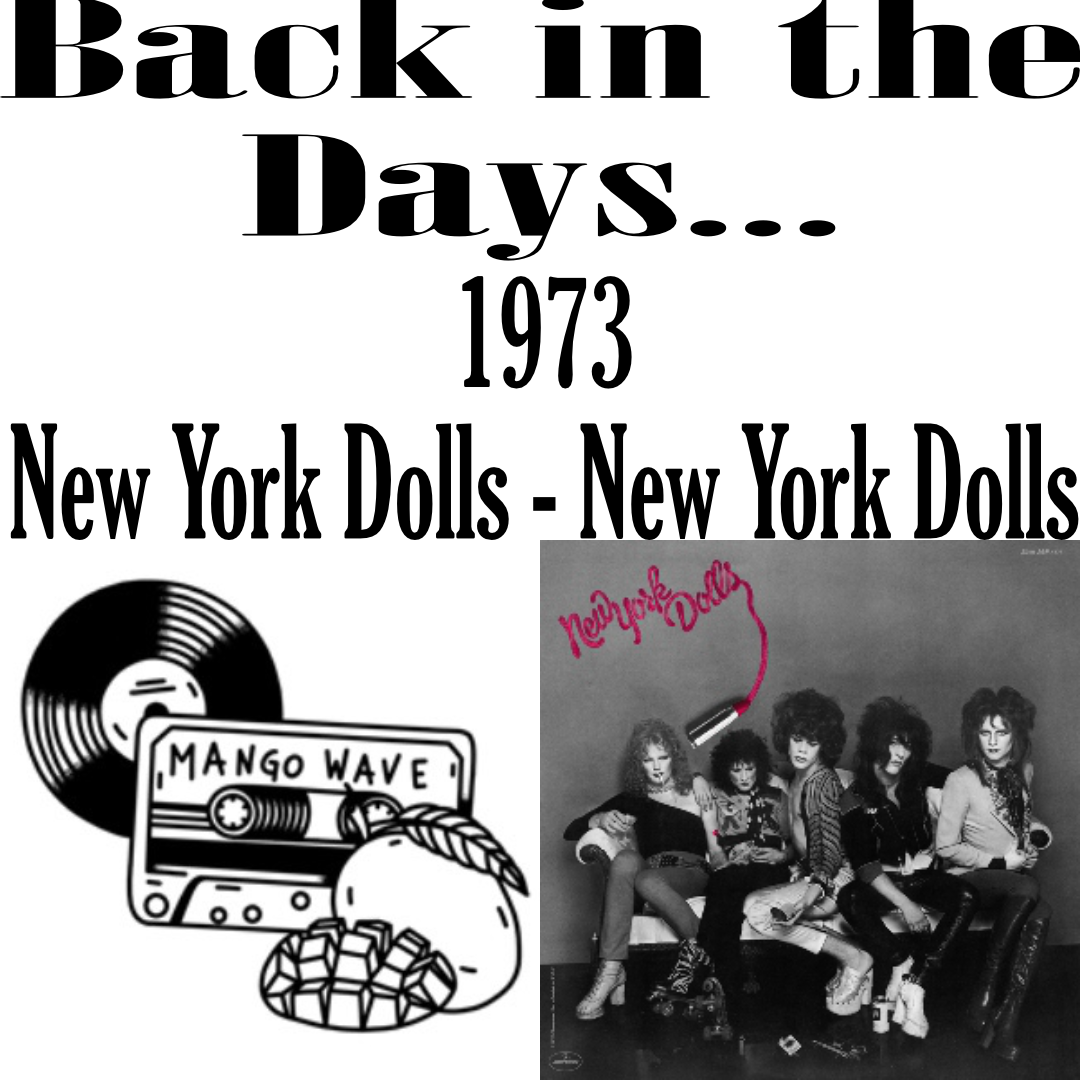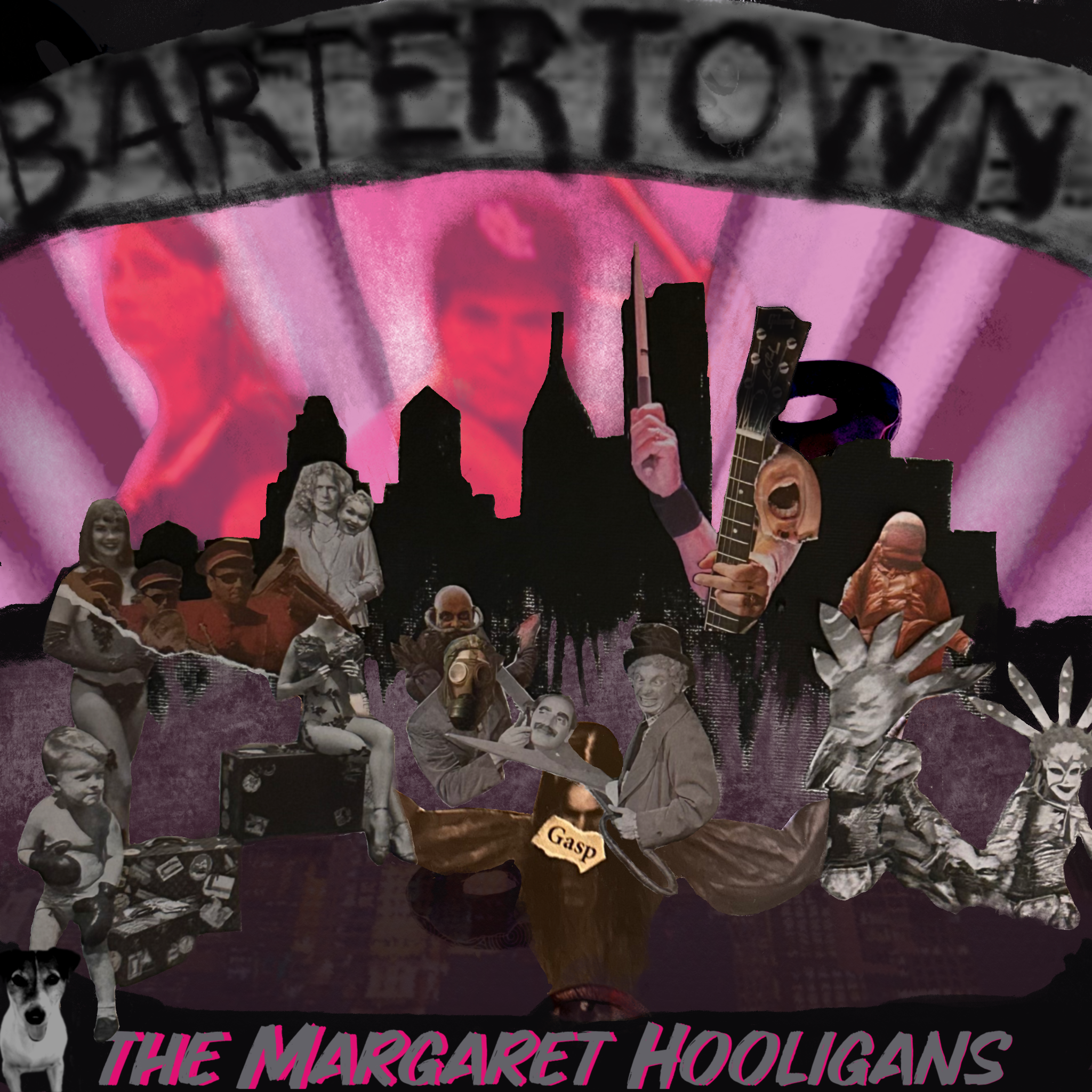
This coverage was created via Musosoup #Sustainablecurator – a contribution was made by the artists to help sustain website costs.Click here and run your own campaign on MusoSoup
Coma Beach – The Scapegoat’s Agony
| November 11, 1995 June 16, 2021 | Impact Records |
| Album | CD/Digital | 46:33 | 13 tracks |
| Punk Rock / Alternative Rock / Noise Rock | Würzburg, Germany |
Once upon a Time in Lower Franconia
Thirty years ago, in 1993, the band Coma Beach was formed in the Lower Franconian university town of Würzburg. Founding members were B. Kafka (vocals), Captain A. Fear (guitars) and M. Lecter (drums), the line-up was then completed by rhythm guitar player M. Blunt and bassist U. Terror. The band history of Coma Beach was short but it left deep tracks in the punk and alternative scene of Germany’s South. Numerous concerts were played and Coma Beach became underground celebrities amongst fans of dark, melancholic yet raw sounds in the vein of Hüsker Dü, The Cure or Neurotic Arseholes.
For posterity, the most important milestone in Coma Beach‘s history was when the band had their album The Scapegoat’s Agony released on CD via German label Impact Records in late 1995. In the following year, the quintet disbanded, but their legacy lives on, and thus in 2021, The Scapegoat’s Agony was made available on streaming platforms.
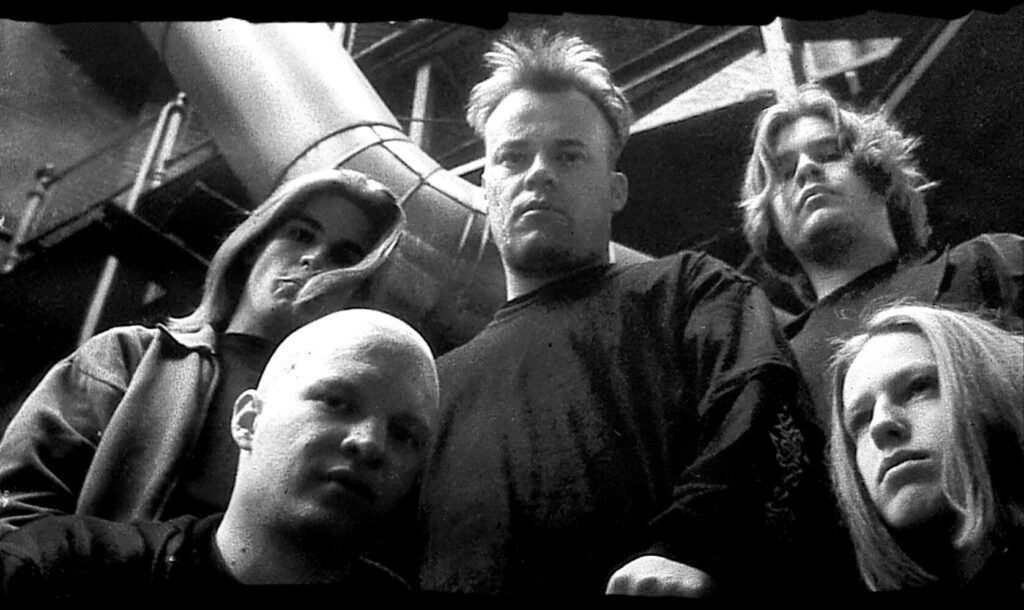
En attendant la Souffrance
Readers who are well acquainted with Western European literature and drama of the post-World-War-II era, will know that the album title The Scapegoat’s Agony is a reference to Samuel Beckett‘s En attendant Godot. Although, it is not a concept album in the strict reading, Coma Beach‘s longplayer is coined by a theme which leads through the thirteen-track release like a golden line. That theme is the odyssey of a nameless character, part protagonist, part anti-hero, and their journey through pain, suffering and deprivation.
As dark as music and lyrics are, The Scapegoat’s Agony is a collection of tales about life and the manifold thoughts that emerge from reflecting our own thrownness. Thus, the lyrics by Coma Beach combine the absurdity of Beckett‘s drama and the aestheticisation of suffering of Shakespeare‘s works with the satirical takes on life as uttered by Lewis Carroll or Douglas Adams and the existentialist, pessimist ideas of Arthur Schopenhauer.
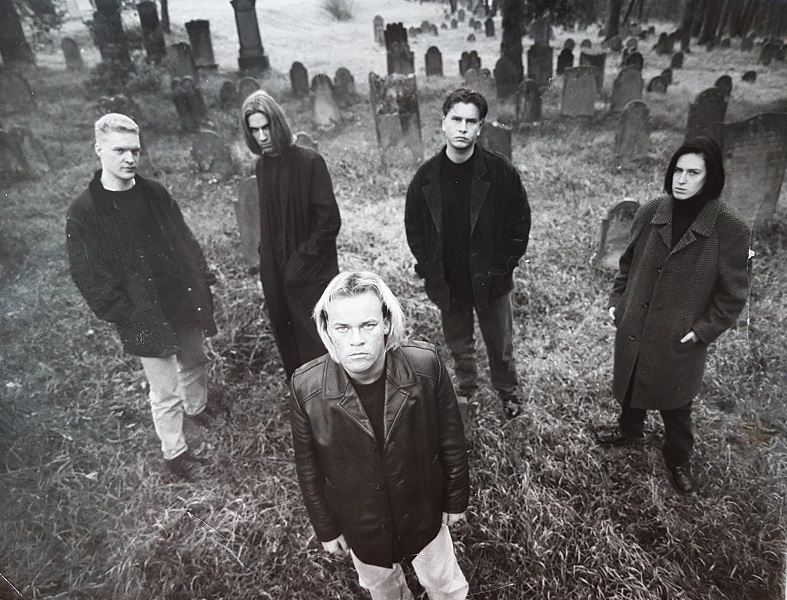
The Years go by, Darkness is eternal
Coma Beach‘s The Scapegoat’s Agony is a beautiful document of music from the mid-1990s. The dark sound, the raw production, the determination behind the gloomy lyrics speak albums about the time when Coma Beach were active. The Cold War was officially over and new threats appeared on the horizon that has just cleared from the fog of war. It was the time when it became more and more obvious that the way we treat our home planet will some day lead to a great collapse. Furthermore, fascism came back to European streets with brutal force, while subcultural scenes like Punk or Goth were marginalized by new pop cultures. Amidst this zeitgeist, the album The Scapegoat’s Agony fits perfectly – and even almost thirty years later it can still be felt.
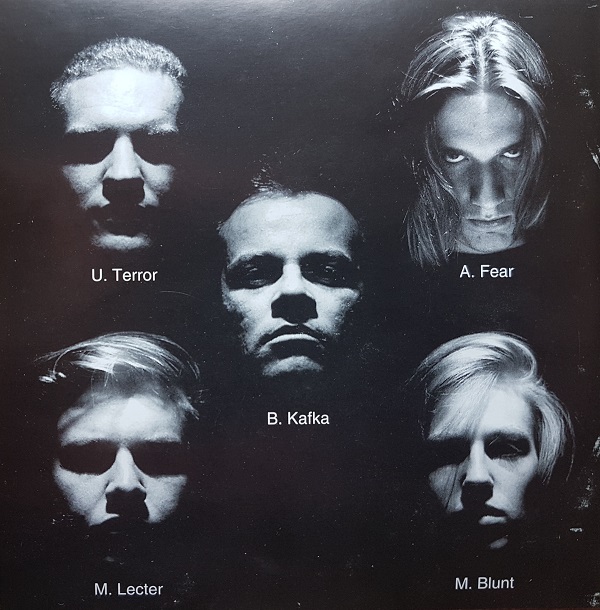
Tales from a brave new fucking World
One can argue that the digital re-release is tied perfectly because the skies in the Northern Hemisphere have gotten darker recently and a certain eschatologic mood has emerged therefore. Also, one may say that it fits greatly since Dark Punk, Post Punk, Depro Punk and related genres have experienced a new wave of hype over the recent years. But in any case, The Scapegoat’s Agony being available on streaming platforms now allows us to remember a band that shall not be forgotten. If this album was released today, it would probably be rated 8/10 Mangoes – with an extra point for nostalgia the rating is
9/10 Mangoes

